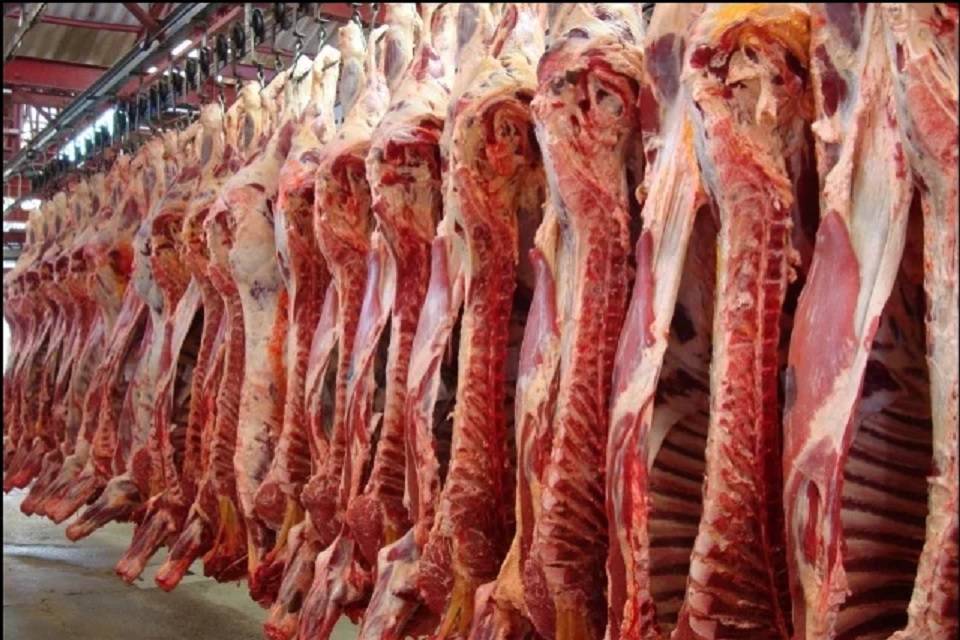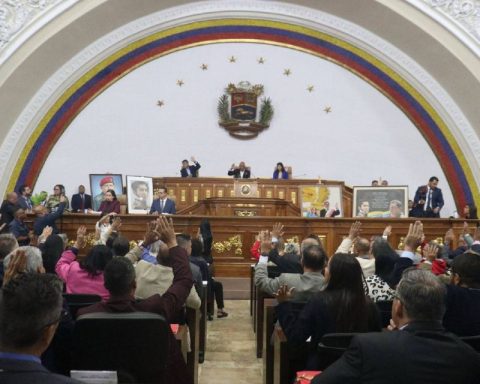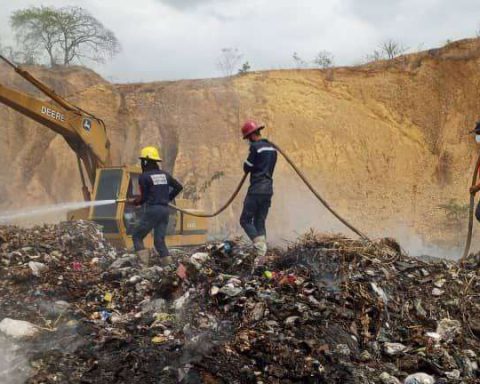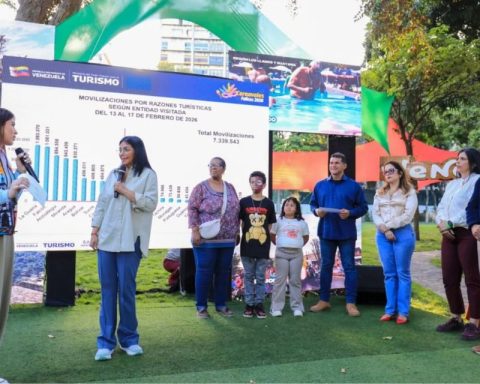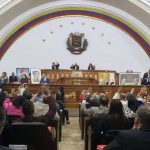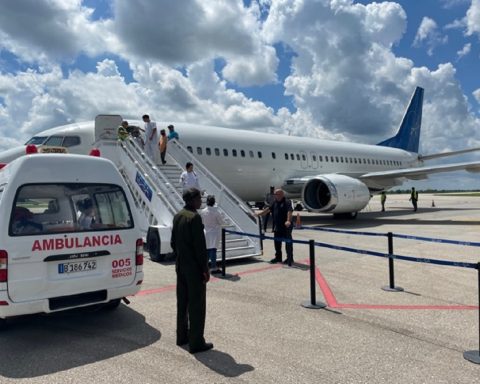The cattle ranchers of the state of Táchira do not know through which routes these shipments of meat that come from Colombia are circulating, which in turn would import it from the United States through the Free Trade Agreement. The amount of meat in the market has made them lower the price per kilo, from 1.80 dollars to 1.60
Edgar Medina, president of the Táchira (Asogata) State Cattlemen’s Association, denounced the entry into the country of smuggled meat from Colombia, a situation that not only affects national production, but also threatens the health of citizens, since it does not Sanitary regulations are being complied with.
Apparently these large quantities of meat arrive in Colombia from the United States, through the Free Trade Agreement (FTA).
Since November 2022, the ranchers of Táchira began to notice that some butcher shops in the country would be selling this contraband meat, which enters the country in large trucks, without complying with sanitary regulations.
The ranchers of the border entity do not know through which routes these shipments are circulating and the amount of meat in the market has made them lower the price per kilo, from 1.80 dollars to 1.60.
“We see how they are passing trucks to the center of the country (Venezuela), with meat that comes from the United States, due to the FTA with Colombia and that comes at a very low price, due to the fact that they are meat that is about to expire,” Medina said.
The low consumption of meat in the population is due to the high prices that the meat product continues to register, despite the drop in the price at the corral gate, hence the members of Asogata demanded that the government regulate the marketing chain, because it is where the excessive increases are taking place.
He assured that farmers have the capacity to produce meat products in their various presentations and supply the national market.
Free from foot-and-mouth disease
Edgar Medina, accompanied by the Táchira State College of Veterinarians, additionally denied that there have been cases of foot-and-mouth disease in Venezuela for approximately 10 years. They are waiting to obtain international certification to be able to export this product.
Alejandro Pacheco, president of the entity’s College of Veterinary Physicians, explained that they are waiting for the latest report to verify if the entity already has 70% of the herd vaccinated.
He stressed that the vesicular disease diagnostic laboratory was installed in the region two years ago, where no positive results for foot-and-mouth disease have been obtained, for which reason he indicated that they do not understand the statements of the current president of the National Federation of Cattlemen of Venezuela (Fedenaga), Luis Prado, who recently stated that foot-and-mouth disease hinders the export of Venezuelan cattle, since the country remains the only one in Latin America where no cases of this disease have yet been reported.
*Read also: Fedenaga: foot-and-mouth disease in Venezuelan cattle makes it difficult to export
Post Views: 110
